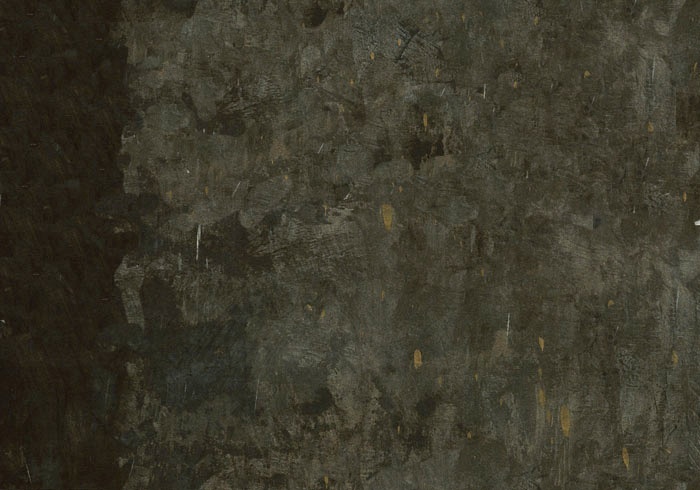Diana Ferraro is a bilingual Argentine author with three novels, two novellas, and three short story collections published in Spanish, and with a collection of short stories in English, “The Map of Solitude,” and a novel, “The French Lesson,” not yet published. For a decade she spent many months out of the year in Richmond, Virginia. Some of her stories have been published or are forthcoming at Foundling Review, Danse Macabre, Palabra Literary Magazine, Ink-Filled Page, and Midwest Literary Magazine.






